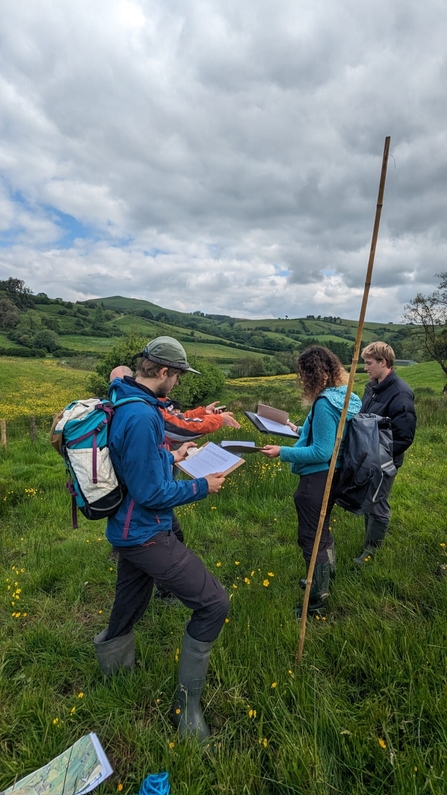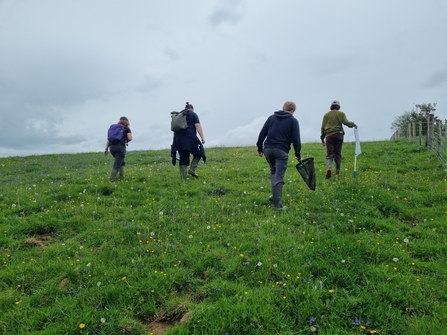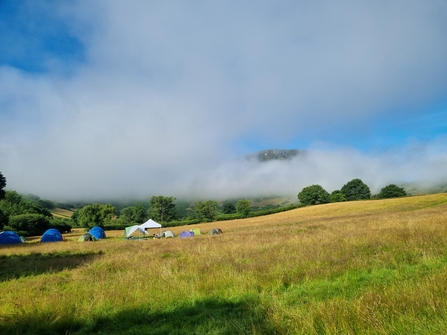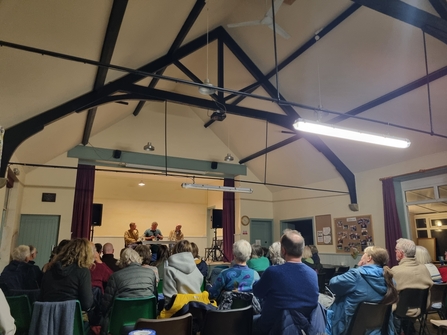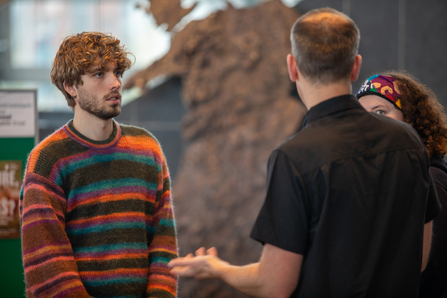When I first started six months ago, I really had no idea the breadth of work I’d get to undertake or how much I’d grow in the process. I’d been searching for an entry-level role in conservation for some time. While there are plenty of competitive traineeships out there, paid opportunities like Green Future Leaders are rare. So, I felt incredibly lucky to have been chosen for this position.
After studying Human Geography at university, I was deeply interested in tackling global challenges—but I often felt overwhelmed by their scale. As a young person, it’s easy to feel powerless when headlines constantly remind us that massive corporations and governments control so much of what happens in the world. I kept asking myself: What can I, as an individual, actually do? But through getting involved with local community groups in North Wales, I discovered something transformative. By focusing on improving my local area, I felt empowered - realising that meaningful change starts small, and it starts close to home. This internship felt like the perfect opportunity to explore that path further.
This internship felt like the perfect chance to reconnect with my love for nature and my curiosity about nature restoration work. While I’d once dreamed of traipsing through the jungle in a quasi-Attenborough-meets-Tintin way, I was mostly just eager to figure out if conservation was really the path for me.
Before this role, I’d worked on a few conservation projects, like in the Isles of Scilly, where I also based my undergraduate dissertation. But my experience was all on the practical, management side, with little experience in community engagement. Academic research is great, but it doesn’t prepare you for real-world conversations—or the patience, empathy, and persistence they require.
I quickly learned that true community engagement is about listening deeply, building trust, and finding shared values—no matter how different people’s priorities may seem at first. Often, it’s as simple as a shared love for the outdoors or a concern for food security. There’s always common ground if you look hard enough, and in today’s polarised world, these connections feel more important than ever.

